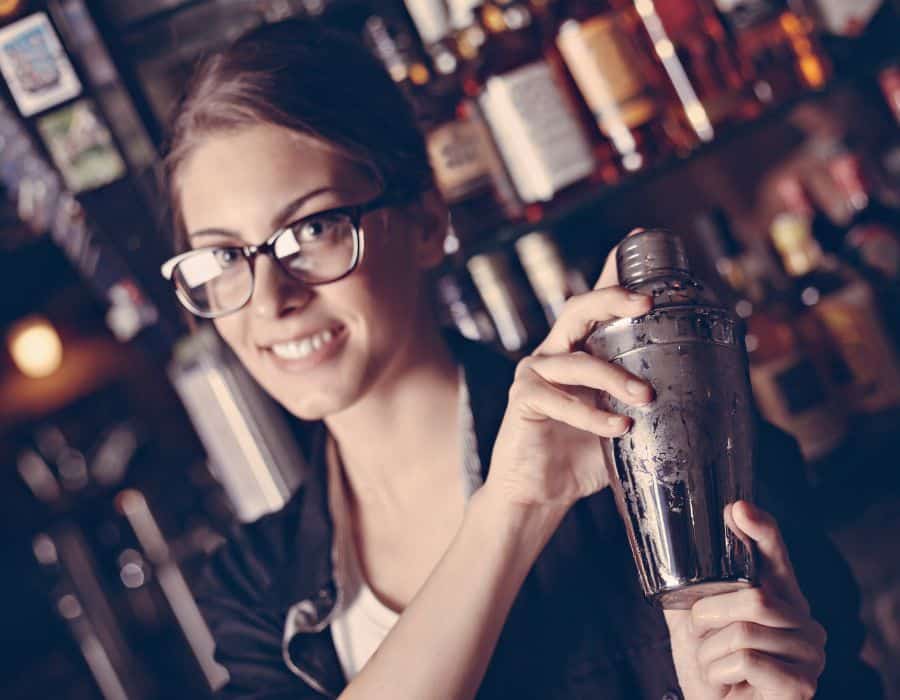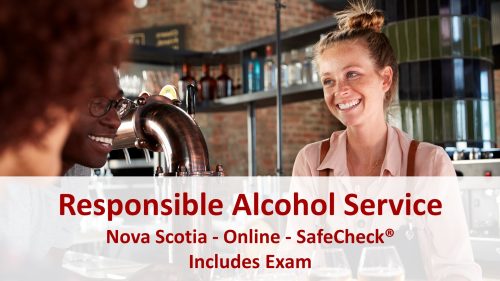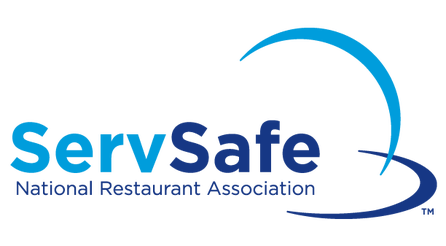Master Accountable Alcohol Solution With Comprehensive Accreditation Programs
The proficiency of responsible alcohol service is not just a governing need; it is a basic component that boosts the online reputation and functional honesty of facilities within the friendliness market. Comprehensive accreditation programs provide indispensable insights right into local laws, reliable treatment methods, and consumer involvement methods. By investing in these training initiatives, companies can promote a culture of duty among their staff, mitigating threats and improving customer satisfaction. However, the course to efficient implementation and its lasting benefits may not be as simple as it seems. What obstacles lie ahead for those that seek to raise their service requirements?

Relevance of Responsible Alcohol Service
Liable alcohol solution is necessary to advertising public health and wellness and safety in facilities that offer alcoholic beverages. It incorporates a variety of techniques developed to avoid the overconsumption of alcohol, reduce the threat of alcohol-related damage, and guarantee a secure environment for customers and staff alike. By promoting liable service criteria, facilities can mitigate prospective events of drunkenness, which may lead to mishaps, violence, or various other negative end results.
In addition, accountable alcohol solution improves the total customer experience. Clients are most likely to return to facilities that prioritize their security and health. This commitment cultivates a positive online reputation, encouraging referral references and repeat service. Additionally, facilities that follow responsible solution techniques frequently experience reduced insurance premiums and lowered legal obligations.
Moreover, executing accountable alcohol solution techniques straightens with more comprehensive public health efforts intended at lowering drug abuse and advertising area wellness. This aggressive strategy not just shields private clients yet also adds to a much healthier culture. Inevitably, accountable alcohol service is not just a lawful commitment; it stands for an honest dedication to the wellness of customers and the community at large.
Key Elements of Qualification Programs
Certification programs for responsible alcohol solution usually encompass numerous essential parts created to equip staff with the essential skills and expertise to serve alcohol securely. These programs typically include detailed training on local and state alcohol legislations, making certain that participants comprehend their lawful commitments and the repercussions of stopping working to comply.
One more essential component is the identification of indications of drunkenness - servsafe food handlers card. Staff are trained to recognize behavior signs indicating when a customer may be over-served, allowing them to interfere suitably
Additionally, effective communication techniques are highlighted, instructing personnel just how to involve with customers in a manner that promotes responsible drinking. This includes training in conflict resolution techniques, allowing staff to deal with challenging circumstances comfortably and expertly.
In addition, programs often include functional situations and role-playing workouts, offering participants with real-life examples to practice their abilities. Recurring education and learning and resources are important for preserving knowledge and abilities over time, as guidelines and best practices advance. Together, these components develop a comprehensive structure that equips staff to cultivate a much link safer drinking setting while reducing liability for facilities.
Advantages for Staff and Facilities
Team and facilities alike enjoy substantial take advantage of participating in accountable alcohol solution accreditation programs. For staff, these programs boost understanding and skills related to alcohol service, equipping them to determine indicators of drunkenness and implement effective intervention methods. This training not only promotes a feeling of confidence amongst employees but additionally promotes a culture of safety and security and obligation in the office.
For facilities, investing in certification programs can bring about lowered liability and fewer occurrences connected to over-serving. By making certain that staff are trained in responsible solution techniques, facilities can alleviate risks associated with alcohol-related occurrences, therefore safeguarding their track record and economic security. Lots of territories offer rewards, such as reduced insurance costs, for accredited establishments.
Furthermore, carrying out qualified techniques can enhance consumer contentment and loyalty. Clients are most likely to go back to locations that prioritize their security and well-being. Inevitably, a commitment to liable alcohol solution not just grows a positive setting yet also boosts the overall functional effectiveness of establishments, making it a smart financial investment for lasting success in the hospitality sector.
Typical Challenges in Alcohol Service
Making sure effective alcohol service is not without its difficulties, also in establishments devoted to responsible techniques. One substantial difficulty is the demand for personnel to properly analyze clients' alcohol intake levels. servsafe food handlers card. This needs a keen understanding of how different elements, such as food intake, resistance, and private distinctions, influence intoxication
In addition, the stress to take full advantage of sales can contrast with responsible service procedures. Employees might deal with troubles in refusing service to intoxicated individuals, specifically in social settings where peer pressure and expectations prevail.
An additional challenge is staying upgraded with neighborhood laws and guidelines regarding alcohol service. Conformity is important, yet regular modifications in legislation can create confusion and might lead to unintended infractions.
Training programs might not always cover the nuances of real-world situations, leaving staff ill-equipped to manage complicated circumstances. Irregular communication in between monitoring and employees relating to assumptions for liable service can additionally exacerbate these issues.
To navigate these obstacles effectively, facilities need to cultivate an atmosphere of support, highlighting the value of liable solution while giving the essential tools and training for team to do well.
Actions to Obtain Certification
To get Accountable Alcohol Service Certification, Learn More applicants commonly begin by researching the certain needs mandated by their regional governing authorities. These requirements may vary dramatically depending upon the region, so it is important to familiarize oneself with the pertinent regulations and policies.

After selecting a program, this article candidates need to finish the requisite training, which usually covers topics such as recognizing intoxication, understanding lawful responsibilities, and carrying out approaches for liable service. Participants should actively involve with the material, as this understanding is crucial for efficient alcohol solution.

Adhering to training, prospects generally take an assessment to assess their understanding of the product. Effective completion of this assessment causes accreditation.
Verdict
In verdict, understanding liable alcohol service through thorough qualification programs is crucial for promoting safety and security and boosting client experiences within the hospitality industry. By furnishing team with the required expertise and abilities, establishments not only reduce threats associated with overconsumption and legal obligations but likewise grow a culture of duty. This commitment to liable service inevitably leads to raised client loyalty and functional success, enhancing the importance of ongoing training and adherence to alcohol solution standards.